What Smells Do Wasps Hate? Keep Them Away Naturally with These Scents for a Sting-Free Yard
Sick of wasps buzzing around your yard and ruining outdoor dining? Find out what smells wasps hate so you can enjoy your outdoor space again.
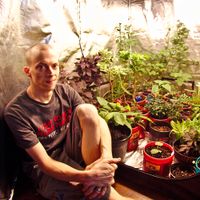
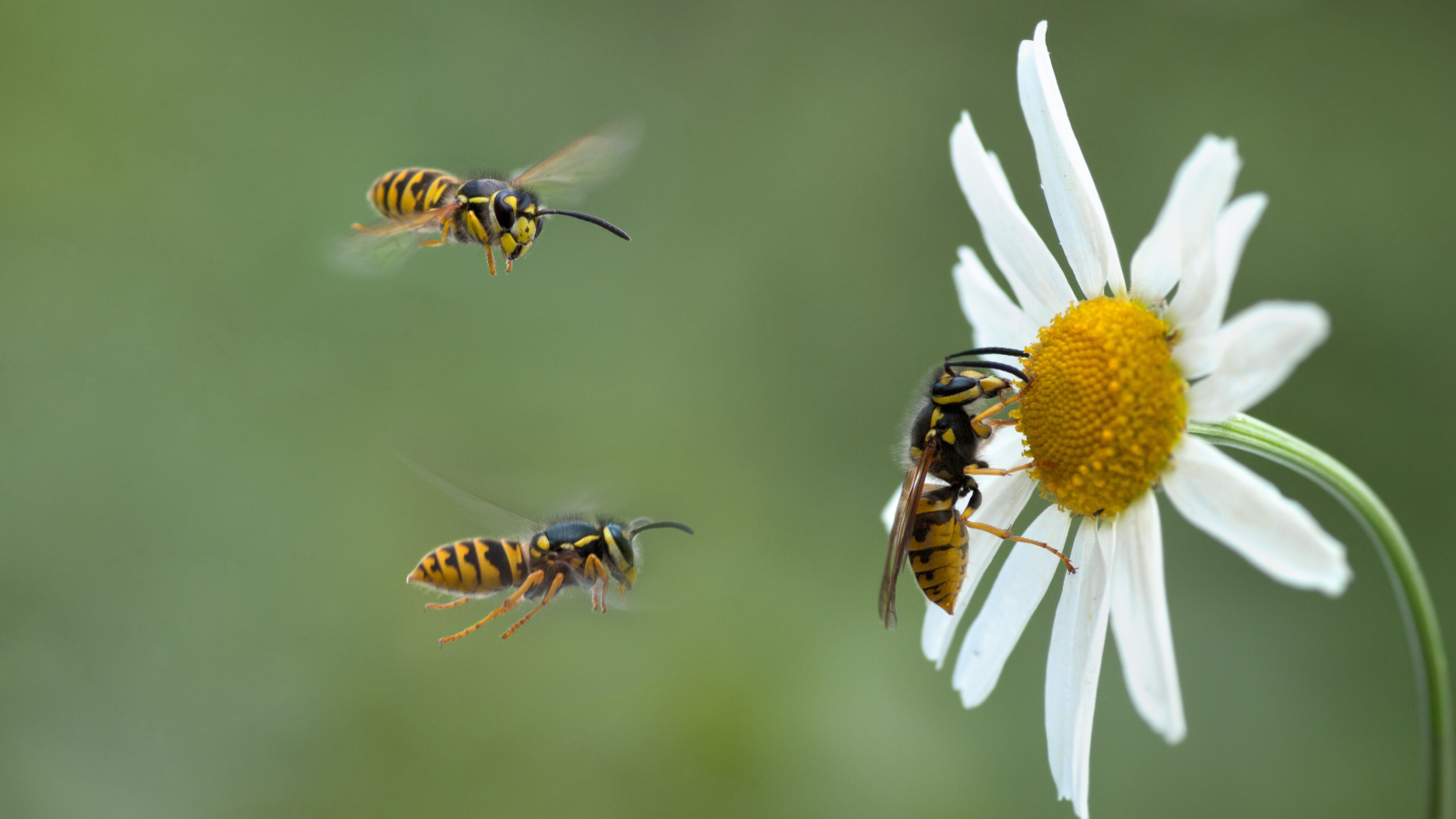
Learning what smells wasps hate is the first step in learning how to naturally keep your yard sting-free. Nobody wants those angry buzzers crashing all of your outdoor fun or dive-bombing your flowers. Certain scents send wasps packing without you needing to swing a swatter.
Wasps are an important part of our ecosystem, but they can be a pain. You can outsmart them with smells they can’t stand, like certain essential oils and extracts. Knowing how to get rid of wasps means pairing these scents with other tricks. Sprays, traps, or even certain plants can make your yard a place wasps avoid. It’s about being smarter than the stingers.
I'll break down what smells repel wasps, how to use them, and what scents to avoid. Plus, you’ll get some extra prevention ideas.
What Smells Do Wasps Hate?
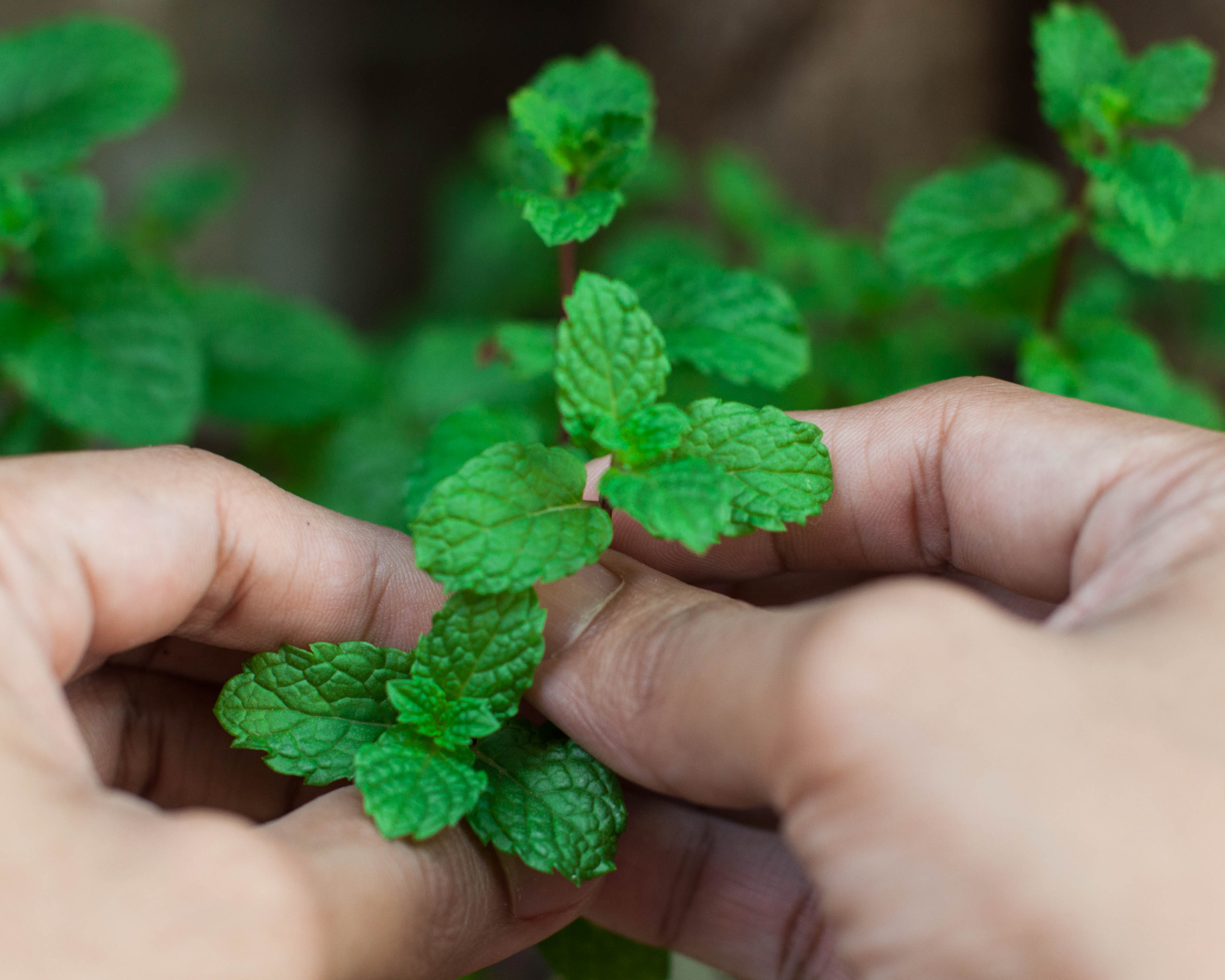
Wasps can’t stand certain smells. These scents mess with their senses and make your yard a place they’d rather skip. Here’s what works for me:
- Peppermint Oil: That sharp, minty kick of peppermint oil drives wasps away. It is recommended to mix 10 drops with a quart of water in a spray bottle. Spritz it around patios or plants. Find Plant Therapy peppermint oil at Amazon.
- Vinegar: The sour stench of white vinegar makes wasps bolt. Soak cotton balls and place them near entry points. Swap them out weekly.
- Eucalyptus: This strong, woodsy scent confuses wasps. Hang eucalyptus branches or use oil in a diffuser outside. Find Plant Therapy eucalyptus oil on Amazon.
- Clove: Spicy and intense, clove oil repels wasps fast. Dilute a few drops in water and spray around doorways. Find Plant Therapy clove oil on Amazon.
How to Use Scents to Repel Wasps
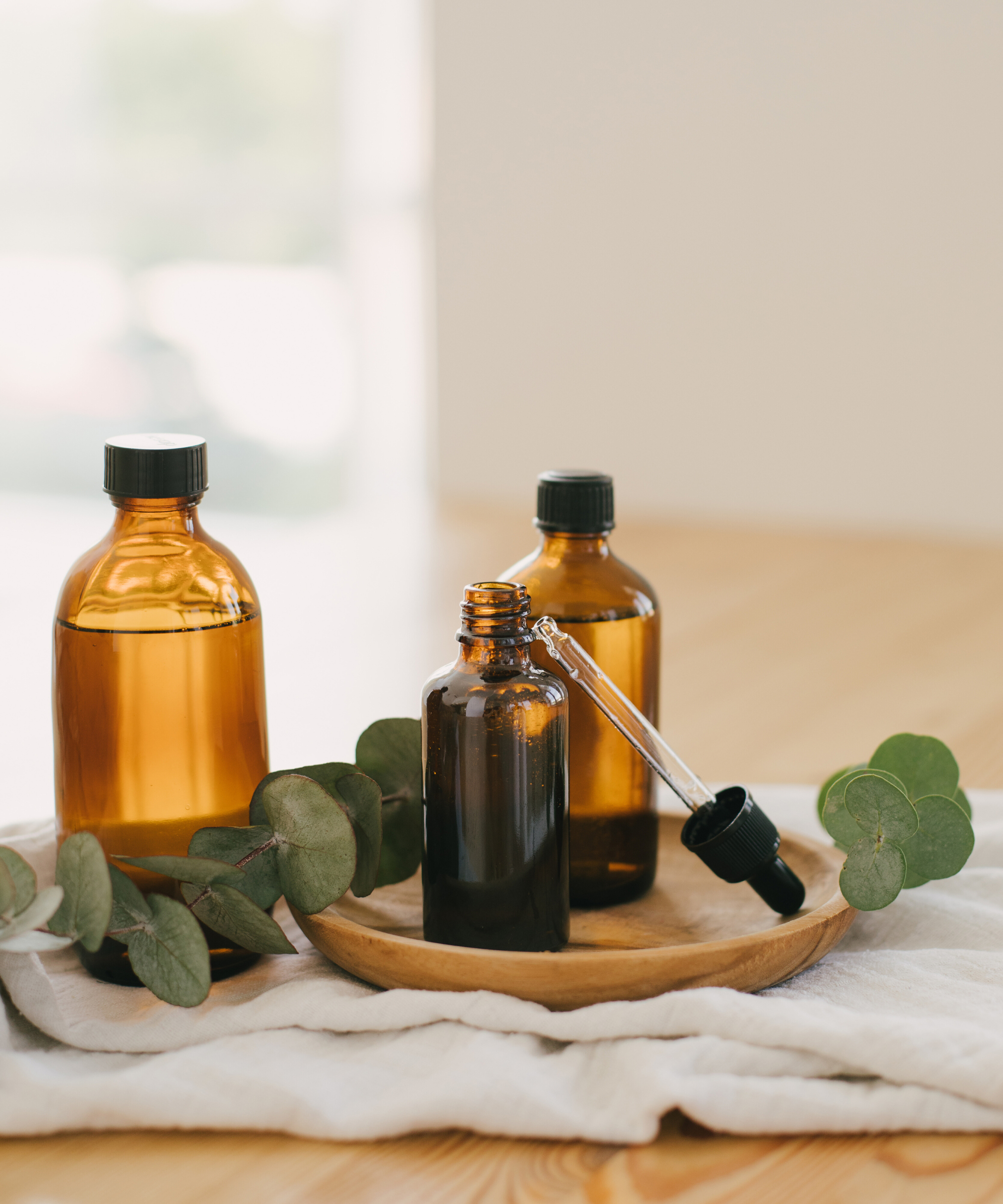
Using what smells repel wasps is easy if you’ve got a plan. Sprays are the go-to. Mix peppermint or clove oil with water in a 16-ounce spray bottle. Hit areas where wasps hang out, like eaves or picnic tables. Reapply every few days.
Cotton balls work too. Soak them in vinegar or diluted essential oils. Tuck them in corners of porches or near windows. Replace them when the smell fades. Got a garden? Plant wasp-repelling plants like peppermint or eucalyptus near your patio. I like to stick mint around my deck, and wasps usually clear out pretty fast.
Diffusers are another trick. Run a diffuser with eucalyptus oil during outdoor meals. Keep it simple, and don’t overdo the oils. Too much can harm plants or pets. This elegant oil diffuser can be found on Amazon, and is sure to add a touch of visual interest to your patio as it wafts wasp-repelling scents.
Sign up for the Gardening Know How newsletter today and receive a free copy of our e-book "How to Grow Delicious Tomatoes".
What Attracts Wasps?
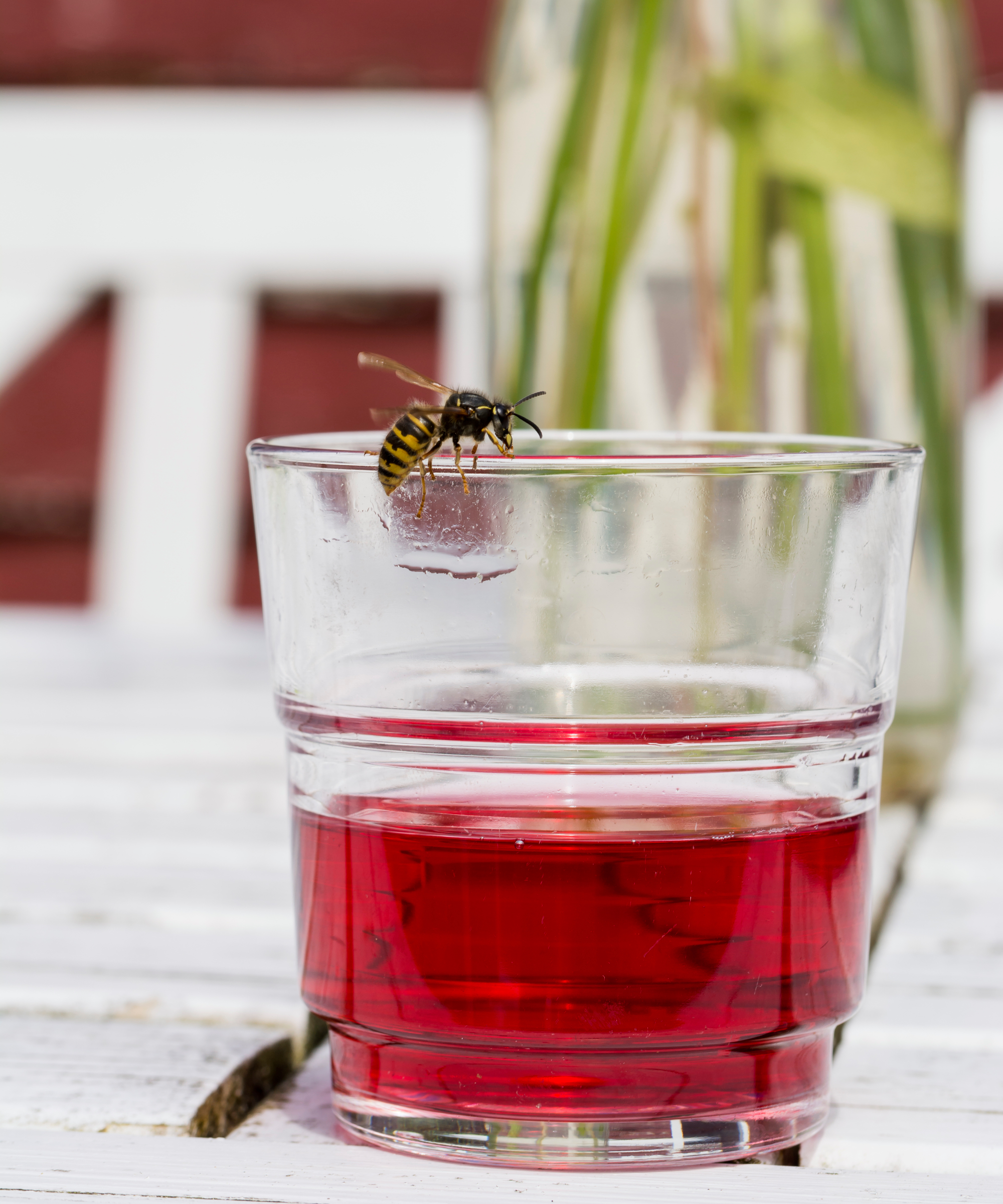
Sweet stuff pulls them in like magnets. Things like sugary drinks, ripe fruit, or even your soda can have them swarming. Keep picnic food covered and clean up spills quick.
Floral perfumes and scented lotions are wasp bait too. Skip heavy fragrances when you’re outside. Garbage cans with food scraps or smelly compost piles also draw them. Seal trash tight and move compost far from seating areas. Avoid planting super-sweet flowers like jasmine near your hangout spots.
Other Wasp Repelling Tips
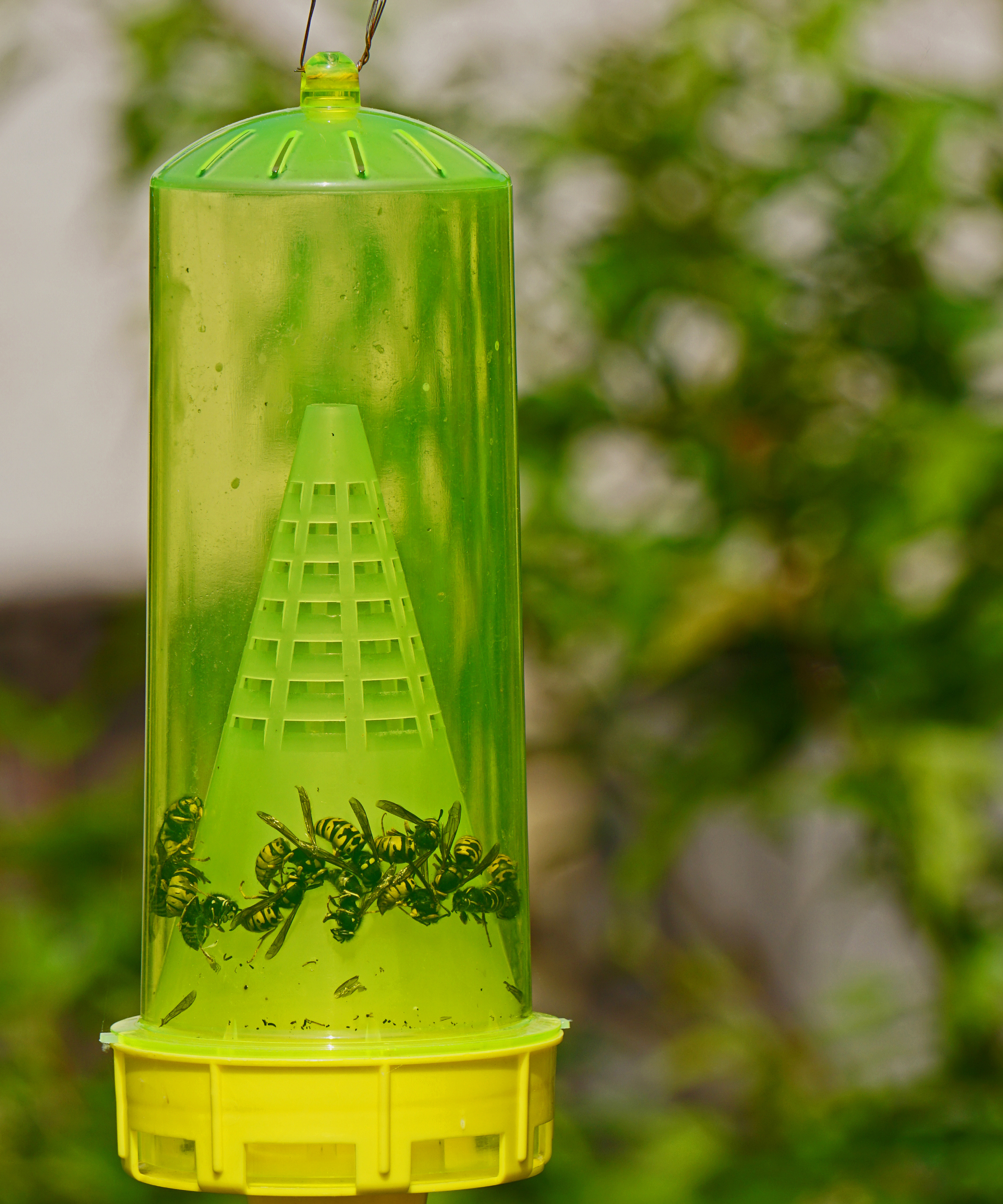
Beyond scents, you can make your yard less wasp-friendly. Make a DIY wasp trap or hang this wasp trap from Amazon near problem areas, but not right by your patio. Empty it often to keep it working. Cover food and drinks during outdoor meals with collapsible mesh food covers, like these from Amazon.
Check for nests early in spring. Look under eaves or in trees. Knock them off with a long pole before they get bigger, but do it at night. Wasps are asleep, and they are inactive at night. I recommend wearing gloves and long sleeves, though. We all know how bad their sting can hurt. Keep trash cans clean and sealed to cut down on temptation.
Using smells wasps hate is a cheap, easy way to keep your yard peaceful. Peppermint, vinegar, or citrus can send wasps packing. Avoid sweet scents and seal up food. A few smart moves, and you’re sting-free.
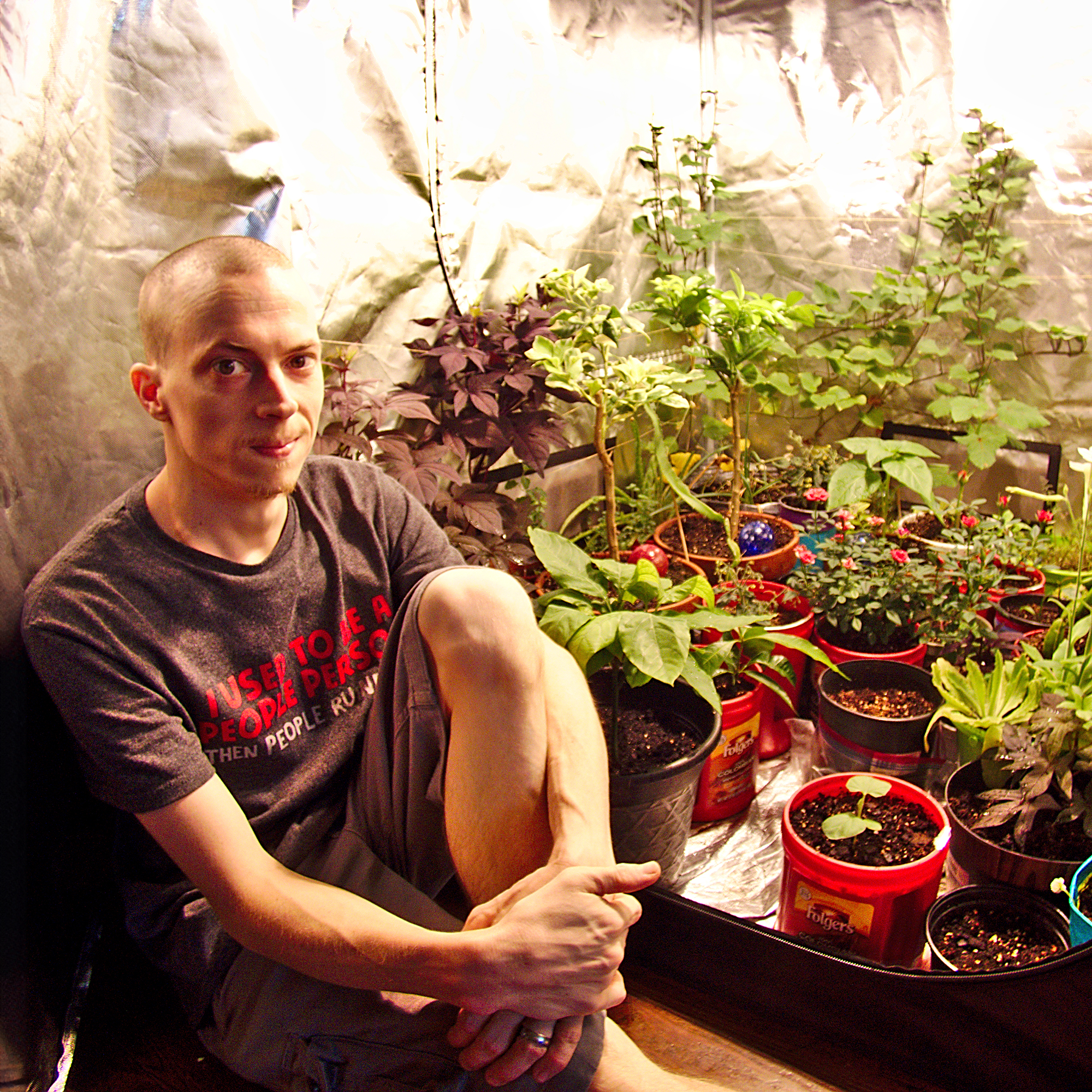
Tyler’s passion began with indoor gardening and deepened as he studied plant-fungi interactions in controlled settings. With a microbiology background focused on fungi, he’s spent over a decade solving tough and intricate gardening problems. After spinal injuries and brain surgery, Tyler’s approach to gardening changed. It became less about the hobby and more about recovery and adapting to physical limits. His growing success shows that disability doesn’t have to stop you from your goals.